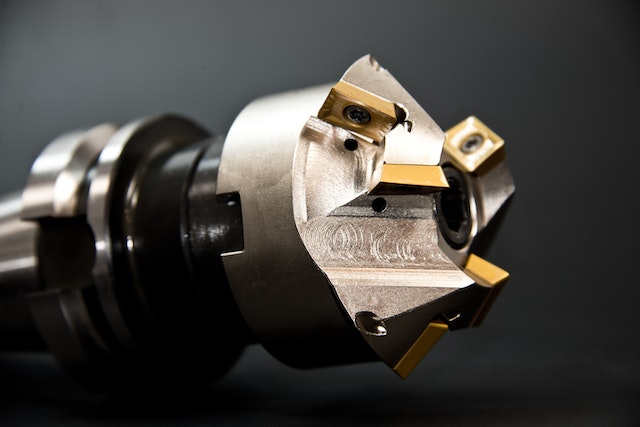
The government have issued draft legislation for consultation on the proposal to merge the two forms of corporation tax relief for expenditure on research and development (R&D)
For expenditure incurred on or after 1 April 2024, it is proposed that the two schemes providing for R&D relief – R&D expenditure credit (RDEC) and Credit Relief for SMEs, will be merged and replaced with a single unified scheme. This will operate alongside a new scheme to provide additional relief for “R&D intensive” SME companies.
It is suggested that this merged scheme will operate in a similar manner to the existing RDEC scheme, rather than the SME scheme. The merged scheme will offer a taxable credit, based on a percentage of R&D expenditure, that can be offset against the company’s tax liability. The rate of relief under the proposals is 20% of R&D expenditure. This translates into a net benefit of 15%, assuming a company pays tax at the 25% main rate of corporation tax.
The exception to this would be for loss-making “R&D intensive” SMEs. These companies would be able to continue to claim an additional deduction for R&D expenditure, and where that deduction produces or contributes to a loss, claim a payable credit for that loss.
“R&D Intensive” SME companies
It is envisaged that the current SME relief will effectively continue for loss-making R&D intensive companies. An R&D intensive company is broadly defined as being where R&D expenditure is 40% of the company’s total expenditure for the purposes of calculating profits chargeable to corporation tax. For those companies, the additional deduction will remain at 86%, with the rate of payable credit for surrenderable losses being 14.5%. This would provide a repayable credit of £26.97 for every £100 spent on qualifying R&D.
Need more information?
We offer a wide range of services which are unique to your businesses who are just getting going! Our team of chartered accountants have a wealth of experience in a broad range of sectors, from construction and property to the charity sector. Our team work hard to ensure they create smart and effective tax-efficient solutions for start-ups to optimise growth and help them succeed. If you want to learn more about how the team can help or simply want some start-up advice from a trusted accountant do hesitate to contact us. For more information please do hesitate to contact us on 0161 962 1855. Alternatively you can email us using the form below and we will contact you as soon as possible.
Our fantastic team at A&C Chartered Accountants are here to help.














